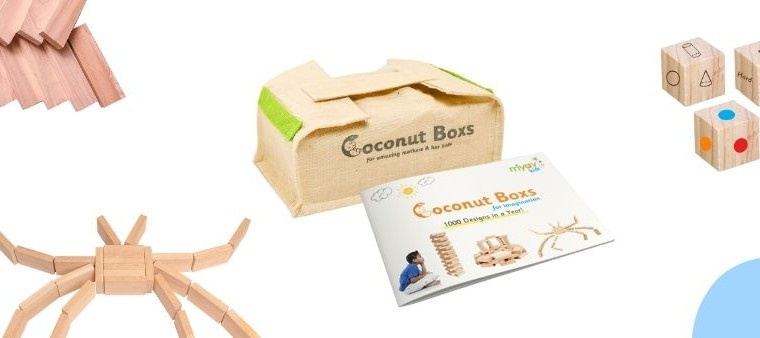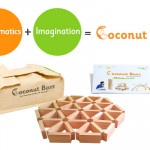8 ways for teachers to make mathematics learning joyful
“The first thing to understand is that mathematics is an art”
– Paul Lockhart
The word mathematics came from a Greek word “μάθημα” (máthēma) which means science or study. Mathematics is, “the branch of human enquiry involving the study of numbers, quantities, data, shape and space and their relationships, especially their generalizations and abstractions and their application to situations in the real world”.
As early as kindergarten, kids are introduced to math. As they progress in grade school, children will learn math skills such as addition, subtraction, multiplication, division, and more.
While math can be fun and challenging for some children, it can be a very different experience for others.
When you ask a student what they think about math, typical responses likely include “I hate it,” “It’s boring,” or “It’s too hard.” Many find it boring or irrelevant because many of the reasons why maths is important only become apparent later in life.
This blog is a life saver to many parents as well as teachers since it will discuss and give you all the detailed framework of why children hate mathematics, what are the existing boring methods of teaching and what are the new interesting ways to teach math. Apart from that, this blog also suggests how teachers and parents can help a child love math. First, we shall start with the reason behind every single child’s nightmare: Math.
Three Reasons for children not loving mathematics

1.Boring Mathematics
The problem is usually that Math is never taught in an interesting way. One says that Math is too “abstract”. On the contrary. Math is entirely concrete. And to most people concrete is, well, boring. It’s a lot of formulas and applications. Everything in Math must be done the same way every time to get the desired results. There is little room for intuitive thinking in Math. That’s why it doesn’t appeal to most.
Children should be given a chance to discover something on their own. Something to discuss and learn from each other. Something to trace and feel. Something connected and relevant to their daily life. Owing to the lack of these implementations, Math stands boring all the time.
2. Mathematics is meaningless
The stream of meaningless mathematics kills the children’s curiosity to learn. Maths is an art. The essence of the art is killed by teaching only the methods and formulas to solve a problem. There is nothing wrong in learning the techniques in solving mathematical problems. But if we remove the “why” part of mathematics and just focus on “what” to do, we are making mathematics meaningless for children.
3. Fear
Math anxiety is the feeling of tension and fear that many people experience when called on to work out a sum. For children, it can lead to behavioural problems in class, as well as physical symptoms such as butterflies in the stomach and a racing heart.
They can feel anxiety about not getting the answers right and not understanding what is being taught. They may feel frustrated and upset about not doing well in math and may develop a dislike for the subject, making the development of math skills even more difficult. Parents and even teachers can help a child overcome math anxiety by offering reassurance, practical assistance, and by making it fun.
The ultimate goal of mathematics is understanding the material presented, applying the skills, and recalling the concepts in the future. Therefore, it is essential to understand the concepts rather than memorizing the procedures of mathematics.
Mathematics is a subject that requires constant practice and revision. If this is not done, students tend to forget the concepts. Some students find it interesting while others find it difficult. This is because of the strategies applied by the teacher regarding how to teach maths. As it is such a different subject, the teachers have to apply a whole different set of strategies while teaching mathematics.
“There is surely no more reliable way to kill enthusiasm and interest in a subject than to make it a mandatory part of the school curriculum”
Paul Lockhart
Games are a fun and engaging way to reinforce concepts taught in the classroom. Often, students are having so much fun that they don’t even know they’re learning.
Mathematics is a subject that is quite different from others, both in terms of difficulty and in terms of usage. As we have seen before, many schools still follow the traditional method of teaching math which makes a child hate math. Hence, here are a few suggested ways that a teacher can use to teach math interestingly.
How can a teacher make math interesting!
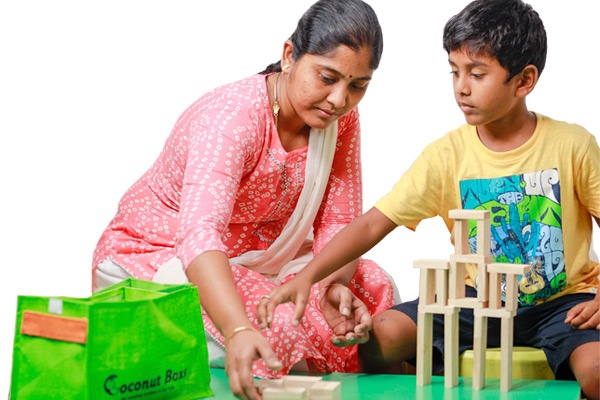
There are 8 ways in which teachers can make math interesting for students,
1. Create an effective environment that is open for discussion
Teachers should start by laying down the agenda of the class and must keep an open platform wherein each and every student must be encouraged to raise questions.
Teachers should understand that students will take time in understanding the concepts of mathematics. Therefore, provide them with due feedback, practice assignments, doubt clearing sessions, and revision papers.
Explain to them the purpose behind learning a particular topic.
2. Introduce the topics using multiple examples
Mathematics is a subject which could actually be visualized and compared to practical life. Therefore, teachers can come up with creative ways like images or videos to teach maths in an interesting way to students.
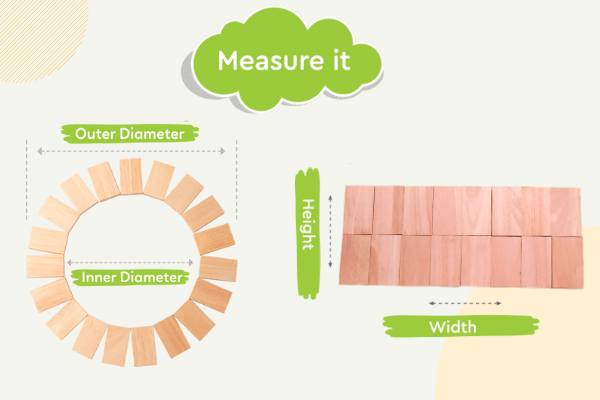
They can illustrate the problem sets by making a child visualize the practical side of what is mentioned in the problem.
3. Encourage students for reasoning when solving problems
In order to determine that every student has actually learned the objective of a class, it is necessary that every student communicate both orally and in writing with the proper reason.
Reasoning gives a proper idea about the understanding of the student about the concept. This will promote their engagement and learning.
4. Finish the class by giving a summary and homework
As stressed upon before, mathematics is the subject where you require constant practice. Therefore, we encourage every teacher to provide students with some practice assignments for their home.

Make sure that these assignments are not very tough and help the student to understand the concept in a better way. These assignments are given in order to boost the morale of the students and make them get a relevant hold of the subject.
5. Raise the difficulty level slowly
Before starting to teach any particular topic in mathematics, it is very important to segregate the problem sets based on that level of difficulty. Start with a few easier problems.
Teachers must keep raising the bar for all the students slowly and steadily.
6. Observe, modify, and re-evaluate
Many teachers become very rigid in the pace of completing a particular topic. They often forget to evaluate the homework given by them. Well, we say this is not a problem.

But a teacher must walk through the classroom and observe the dynamics of the students. The teacher must talk to every student individually and ask them questions. This will give them a fair idea about how much a student is understanding.
7. Encourage maths talk and games
This will help the students to develop their mental abilities and skills. This will also give them a whole new learning and thinking process. They will be able to describe and solve a problem in their own certain way.
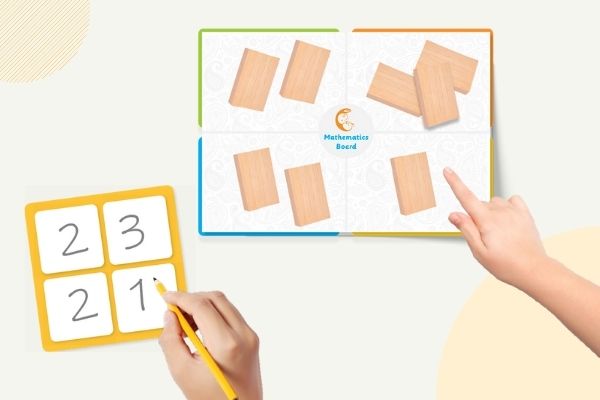
Games will also encourage active engagement and participation. There are many math games available. It will promote their strategic mathematical thinking, computational fluency, and understanding of operations.
At last, be patient
We all know how difficult maths could be. We all have been there. Therefore, it becomes very important to be patient with the child and to teach them in a step-by-step sequential manner. This will prevent them from getting afraid of mathematics.
In a nutshell, Paul Lockhart puts it how to teach students mathematics, “By choosing engaging and natural problems suitable to their tastes, personalities, and level of experience…. In short, by having an honest intellectual relationship with our students and our subject” (A Mathematician’s Lament)
Every parent’s desire is that their child succeeds in mathematics. But, teaching a child the concepts of mathematics is difficult. This is the reason why most of the parents are confused regarding how to teach maths in an interesting way to their children. Here are some ways parents can help their child avoid stress about math.
How can a parent help a child love math!

- Play math games. Start playing math games with your kids, get out some number-centric board games such as Monopoly or Double Shutter, or get activity boxes or use some common kitchen items to play with numbers, playing games that are math and numbers-oriented is an excellent way to make math fun and get children interesting in doing the math.
- Be aware of your own attitude toward math. Have you ever said things such as, “I’m not good at math,” or “I just don’t like math”? If so, consider changing your attitude, or at least not voicing such negative ideas about math out loud. Your child is watching and learning from you, and if you express negative feelings about math rather than talk about the fun and important aspects of math, then you are doing your child a disservice.
- Practice with your child. When it comes to math skills such as addition, subtraction, multiplication, and division, nothing beats practice. And learning multiplication facts is a matter of drilling. Practice multiplication tables on the way to school, while your child is having a bath, right before story time at night — whenever you can squeeze it in. Printable math worksheets and practice doing math problems, making things fun and challenging by using a timer or giving your child a treat for finishing the problems and getting faster doing them.
- Stop comparing. This is a particularly important message for parents since parents tend to compare their kids to other kids regarding math skill or the grade they get in the exams. Stop doing it. No one is alike hence try to understand the skill set level of your kid and help him accordingly rather than putting him down,encourage him to achieve high.
- Help your child shake off mistakes. One of the best things you can do as you help your child develop math skills and learn other academic and life lessons is to assure him that mistakes are something that will happen and that they are learning opportunities. If you can help your child, put math mistakes into perspective and remind him that they are what will ultimately help him learn, your child will be less likely to develop anxiety about math.
Coconut Boxs for Mathematics
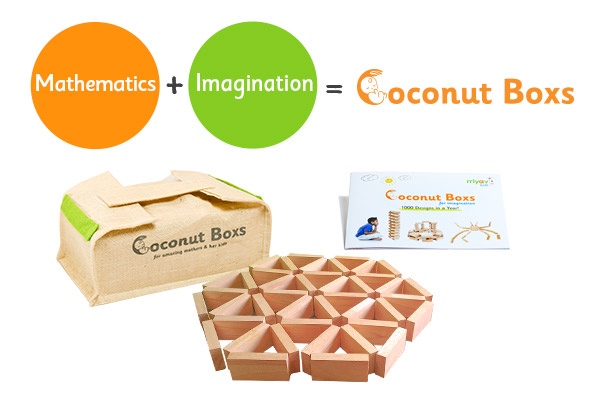
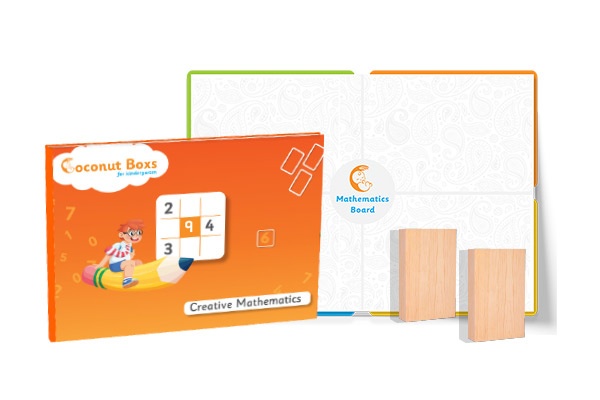
As we have seen before, games are the most effective way to teach math to children. That is the reason Coconut Boxs comes up with an idea of an activity boxes which will boost your kids not only math skills but also life skills. You can bring out new energy to your kids instantly using Coconut Boxs. They have different set of activity boxes to celebrate math. For instance, Coconut Boxs For parents, For schools, and For teachers.
By using Coconut Boxs your children can,
- Practice math every day in a fun way
- Improve their love for math
- Eliminate their math anxiety
- Develop imagination
- Develop focus
- Reduce screen time
I hope some of these approaches and strategies of teaching mathematics will effectively improve the dynamics of a classroom and also improve children’s personality to math. Teachers and parents must not worry about how to teach maths. Rather they must focus on how to teach maths in an interesting way.
Making things fun makes everything easier. In the entire process, it becomes very essential to understand the mindset of the child. This will help elders to develop and connect better relations with the child.
Keeping these tips in mind the next time you plan an activity for your students or sit with your kid in the evenings to teach them math, this blog can help you push your kids to love math. Don’t be surprised if your children are suddenly looking forward to math time because you’ve successfully made learning more meaningful.

